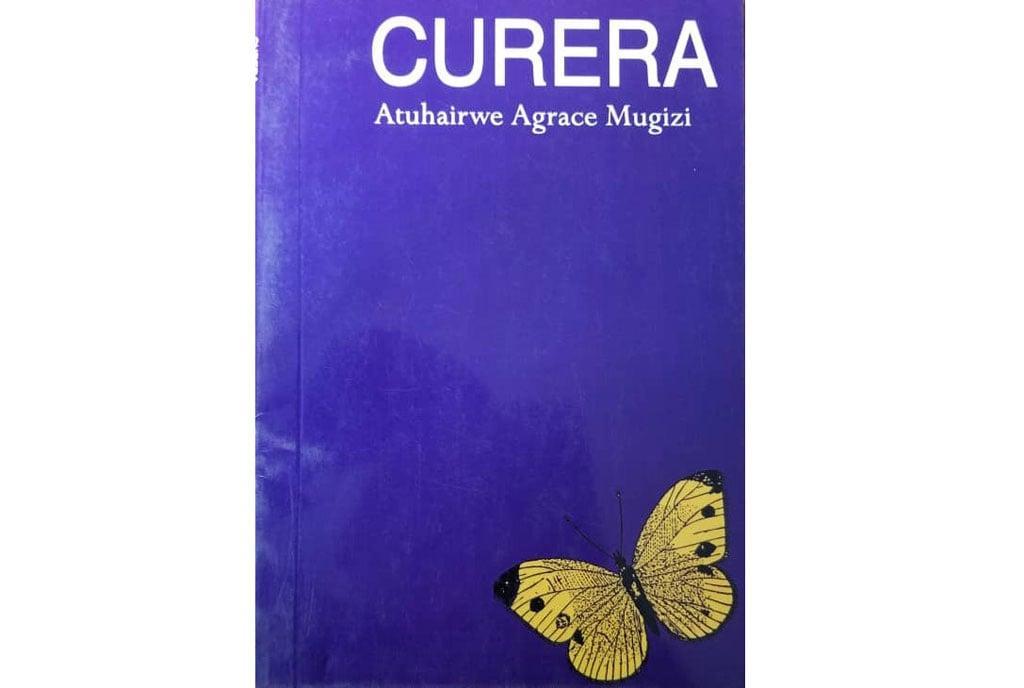Africa-Press – Malawi. You must have seen the 8000-pound gorilla in the room. Its impenetrable presence, if you will, must have been a shock to you. Which gorilla, you ask? That is a legitimate question.
Speaking idiomatically, there are so many gorillas in so many rooms that we must be excused for thinking that each room comes with a gorilla. This particular one resides in the title Curera. Most of us have probably never encountered such an exotic sounding word before. Or maybe I am the only one. If there are others beside myself who think and know for sure that the word is new to them, then how about we begin with a little definition?
Curera is the third-person singular simple future of curer. That Atuhairwe Agrace Mugizi’s short poetry collection Curera has healing properties, we are sure. It also holds up a broken mirror. According to the author, Curera (calm) “is a short poetry collection of the feelings and emotions felt in an aftermath of a confrontation among brethren. It reflects the confusion that survivors of pain, loss and oppression go through. Despite their ordeal, they must live and experience life in normal stances. But the hurt is present in every aspect. They cannot run very far.”
Do we ever truly run from what is within us? I think we think we do, but actuality we are like the mouse on a wheel. We get caught up in the habit of running. Trapped by our motion, we stand still on shifting sands. The only recourse for us is that we must face what lies within us. And what lies within us are anonymous maelstroms, spread under our feet.
To paraphrase the words of William Butler Yeats, widely considered one of the greatest poets of the English language, we must tread softly because we tread on our possibilities. It is with this softness that we must regard our inner selves in order to experience inner calm, after the proverbial storm. In the poem titled “Requiem”, we get a sense of this as the author explores the tapestry of truth woven within the subtitles of truth-telling. “To life and its super intricacy/and the waves of doubt/when you no longer trust/your own shadow because/the one you share a bed with/will dig a dagger into your lungs; To the worlds of villains/ where your strength/is measured by the things/you failed to put right./It was all worth it,” goes the poem.
It all sounds pretty dire, until the last line. Which could conceivably serve as one’s last breath. According to this piece, it is clear that our individual stories are collectivised by the common denominators of broken trust, betrayal and a paucity of love. This is the human condition. However, it is through such darkness that we might distinguish the light. Our familiarity with the pain we experience, a pain which frequently leaves a mark, breeds the sort of contempt necessary to actuate a willingness to break the chains of our suffering.
A sense of outrage, so material to our determination to live better lives, issues from what may enrage us; consume us from within. This balances what we feel within with how we carry ourselves without.
That’s because we are determined to put a brave face on things. It is this parity that makes our existence worth it as equilibrium takes hold in our lives to provide us with the calm that this book’s title suggests.
How is this calm realised, you ask? Well, All For Cardinals Existence is a poem and possibly a response to that question, too.
About book
Title: Curera
Author: Atuhairwe Agrace Mugizi
Price: Shs25,000
Availability: African Studies Bookshop
Published: 2018
For More News And Analysis About Malawi Follow Africa-Press






